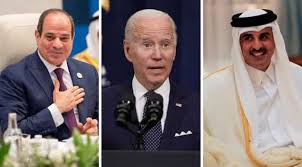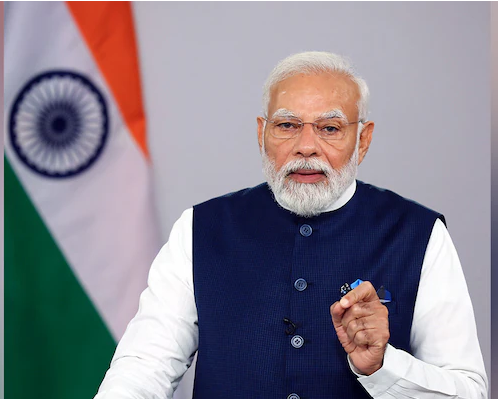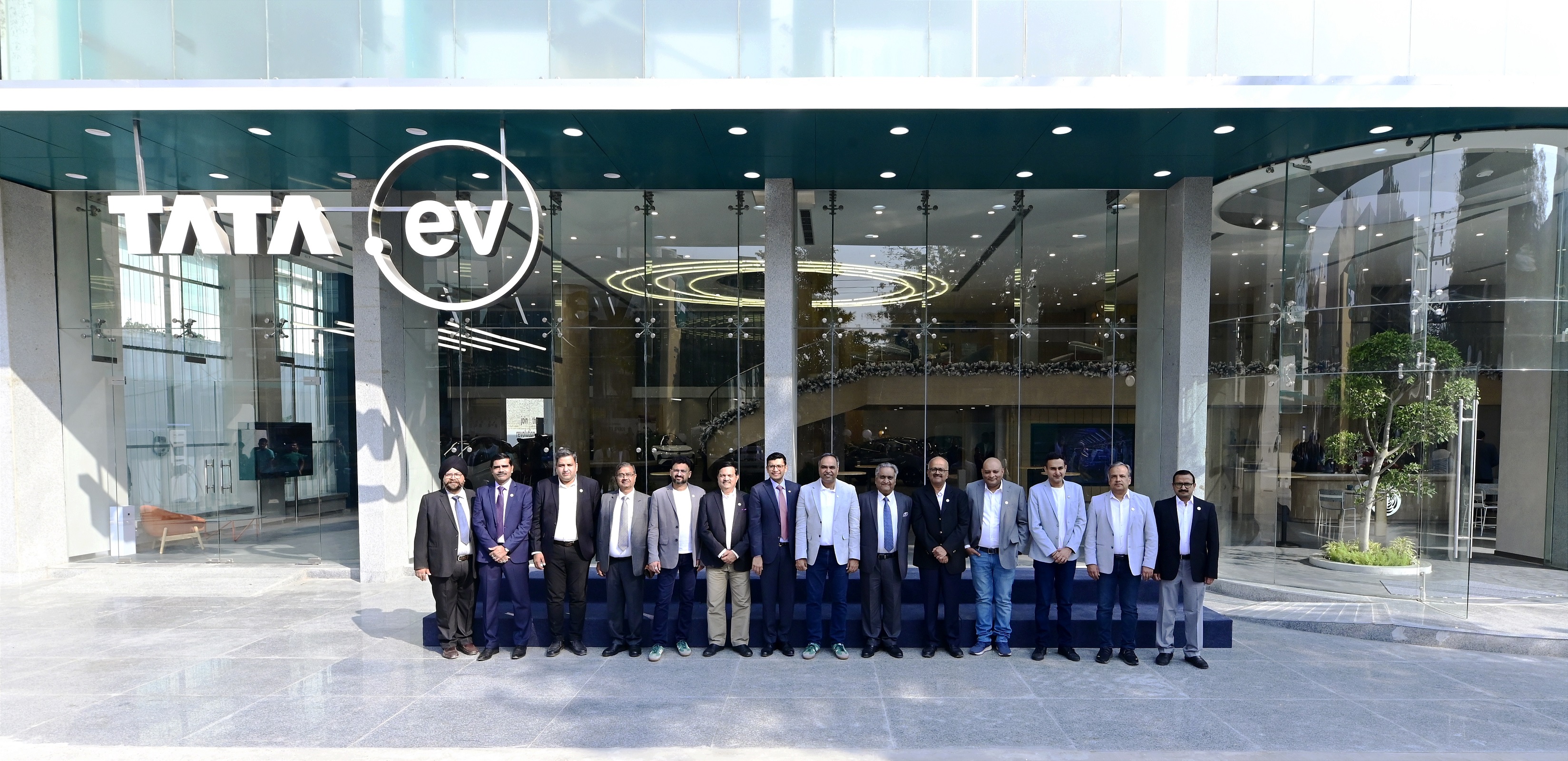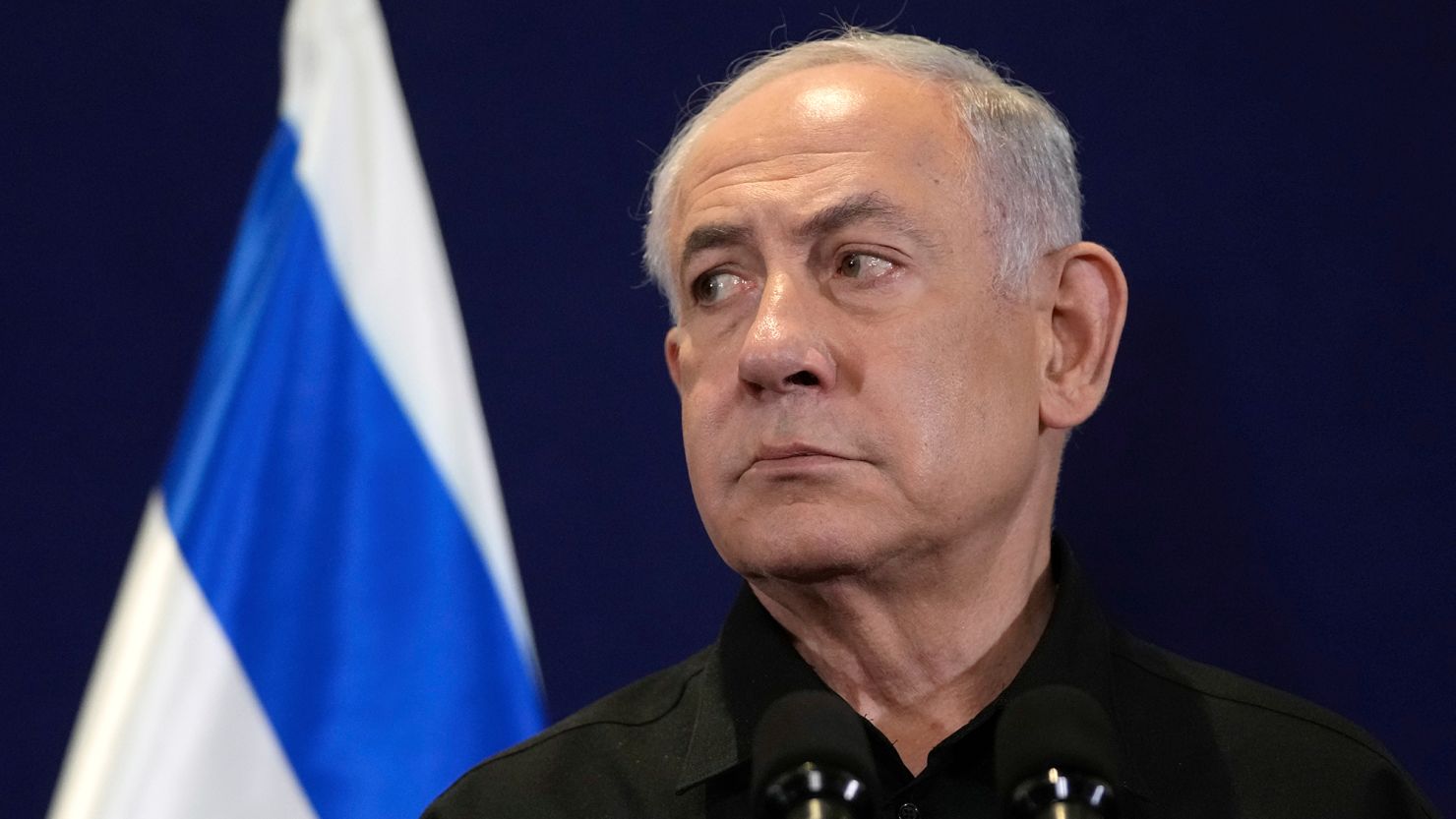Iranian President Raisi to visit Pakistan for mending ties following cross-border strikes
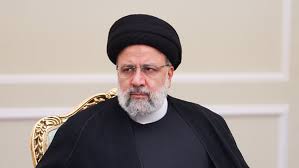
NEW DELHI: Iranian President Ebrahim Raisi will start his three-day visit to Pakistan starting Monday, as the two nations seek to mend ties following cross-border strikes last year.
Raisi will land in Islamabad and meet his Pakistani counterpart, Asif Ali Zardari. Iranian foreign ministry said Sunday that Raisi will be accompanied by "a high-level delegation comprising the foreign minister... as well as a large business delegation.”
In January this year, tit-for-tat missile strikes across the porous border region of Balochistan ratcheted up tensions between Pakistan and Iran. Iran said it conducted strikes against an anti-Iran group based in Pakistan.
Then, Pakistan retaliated and conducted raids against "militant targets" in the Sistan-Balochistan province of the Shi’ite nation. This is one of the few Sunni Muslim regions in the country.
The attacks came as both nations traded allegations of harbouring terrorists on their soil.
Earlier, the Iranian foreign minister had visited Islamabad to diffuse tensions.
In the Monday to Wednesday visit, Raisi will also pay a visit to Lahore and Karachi to meet provincial leaders. The countries will further strengthen ties and enhance cooperation in "trade, connectivity, energy, agriculture, and people-to-people contacts", a statement by the Iranian foreign ministry added.
Pakistan is hoping to secure a joint gas project with Iran, in order to get rid of its long-running power crisis that has sapped its economic growth.
In March 2013, a $7.5-billion Iran-Pakistan gas pipeline was indeed signed but the project fell prey to international sanctions imposed on Tehran.
Iran has built its own portion of the 1,800-kilometre (1,100-mile) pipeline, which was supposed to link its South Pars gas fields to the Pakistani city of Nawabshah, near Karachi.
In February, Pakistan’s outgoing caretaker government approved the construction of an 80km portion of the pipeline.
The visit comes in the wake of increased Israel-Iran tensions as Tehran counts on its allies to lend its diplomatic support against the common enemy.




